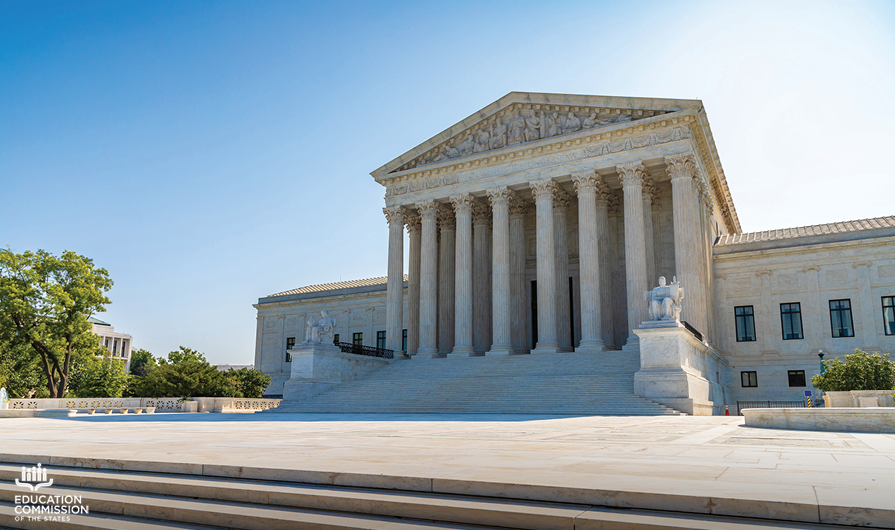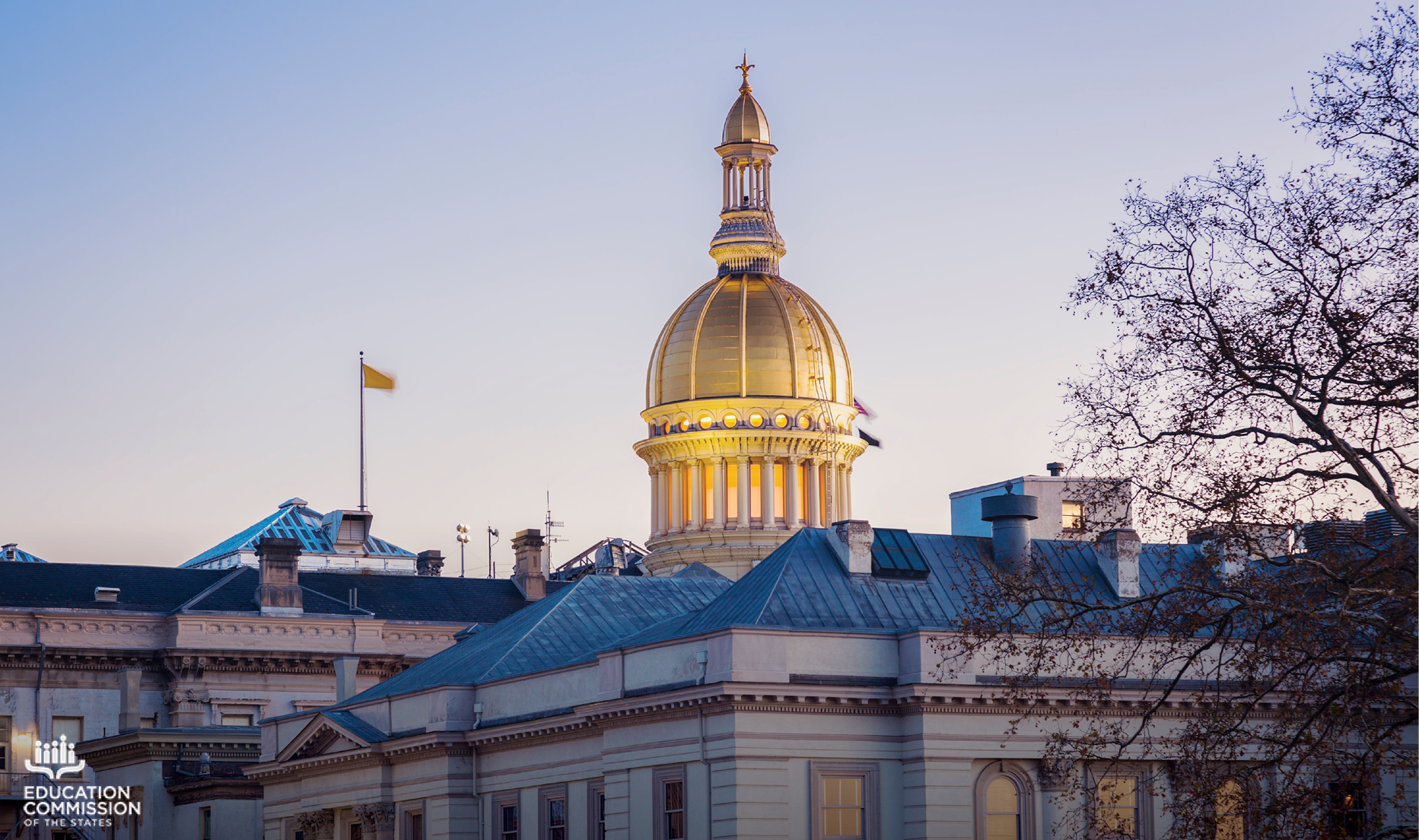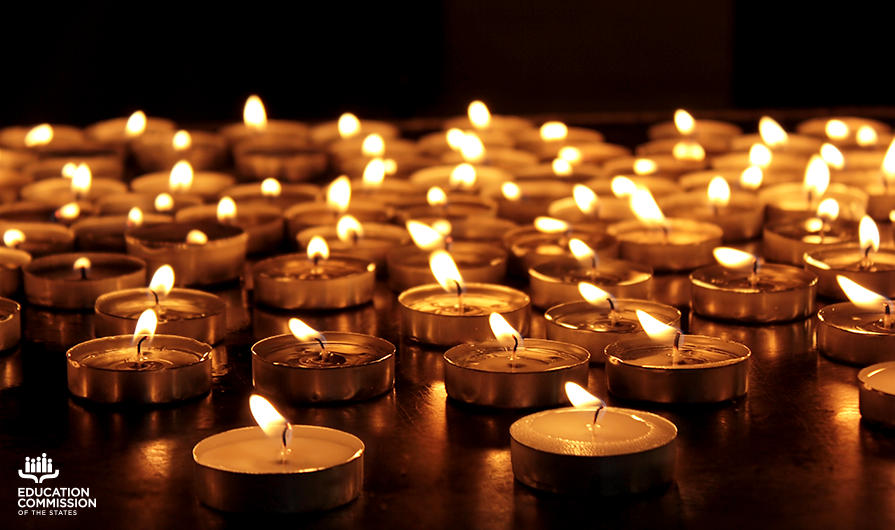What is the proper relationship between church and state? How does this relationship apply to and impact public goods, such as education? And what would something as mundane as recycled tire playground surfacing have to do with any of this?
The 2017 Supreme Court decision in Trinity Lutheran Church of Columbia, Inc. v. Comer provided some answers — and created many new questions — regarding the ever-shifting lines separating church and state in the U.S.
The Trinity Lutheran decision is especially relevant in education policy, as many have anticipated that the ruling may have implications for voucher programs, public fund use in religiously affiliated charter schools or other instances of religious institutions seeking government funding for education.
In 2012, Trinity Lutheran Church in Columbia, Missouri, applied for a grant administered by the Missouri Department of Natural Resources to use recycled tire materials to rubberize the surfaces of its preschool and daycare center playground. The state denied the application as part of its policy of disqualifying religious organizations from receiving grants. The church contested this decision until the case reached the Supreme Court.
Missouri’s policy was ultimately found to be unconstitutional, with the majority opinion declaring the policy of disqualification “expressly discriminates against otherwise eligible recipients by disqualifying them from a public benefit solely because of their religious character” and is therefore a violation of the Free Exercise Clause of the First Amendment.
Justice Sonia Sotomayor’s dissenting opinion, in which she was joined by Justice Ruth Bader Ginsburg, strongly condemns the majority’s ruling. The dissent states that the case “profoundly changes” the relationship between church and state “by holding, for the first time, that the Constitution requires the government to provide public funds directly to a church,” which “weakens this country’s longstanding commitment to a separation of church and state beneficial to both.”
Applicability to School Choice Policies
Although a footnote to the majority decision explicitly limits the applicability of the ruling to religious discrimination with respect to playground resurfacing, many experts have anticipated that this ruling will pave the way for more use of public money by religious institutions. For instance, if an applicant for a public benefit program may not be disqualified on the basis of their religious character, the argument goes, then how can states deny charter school funding to expressly religious schools?
Many states currently only allow charter school funding to non-sectarian organizations and have broader Blaine Amendments restricting public money from going to religious institutions, but perhaps the new precedents set by the Trinity Lutheran case could open the door to future challenges of these restrictions.
A 2002 Supreme Court ruling affirmed the constitutionality of voucher use toward religious schools. The majority opinion ruled that the Establishment Clause of the First Amendment had not been violated when government aid reached religious institutions “only by way of the deliberate choices” of parents deciding where to use school vouchers. These decisions have shown that the school choice arena is an interesting site of entanglement between religion and politics that will likely be a future battleground for these issues.
Trinity Lutheran is already affecting additional cases: For instance, on June 10, the U.S. Department of Justice expressed support for a federal case in Maine challenging a ban on government-provided tuition used toward sectarian schools in towns without public schools. The DOJ extensively cites Trinity Lutheran in its statement of support.
Although the Trinity Lutheran ruling provided an answer to one specific instance of how the courts should patrol the lines between religious institutions and government programs, this conversation is far from over. The school choice movement will likely continue to be front and center in conversations about the proper relationship between church and state for many years to come.










